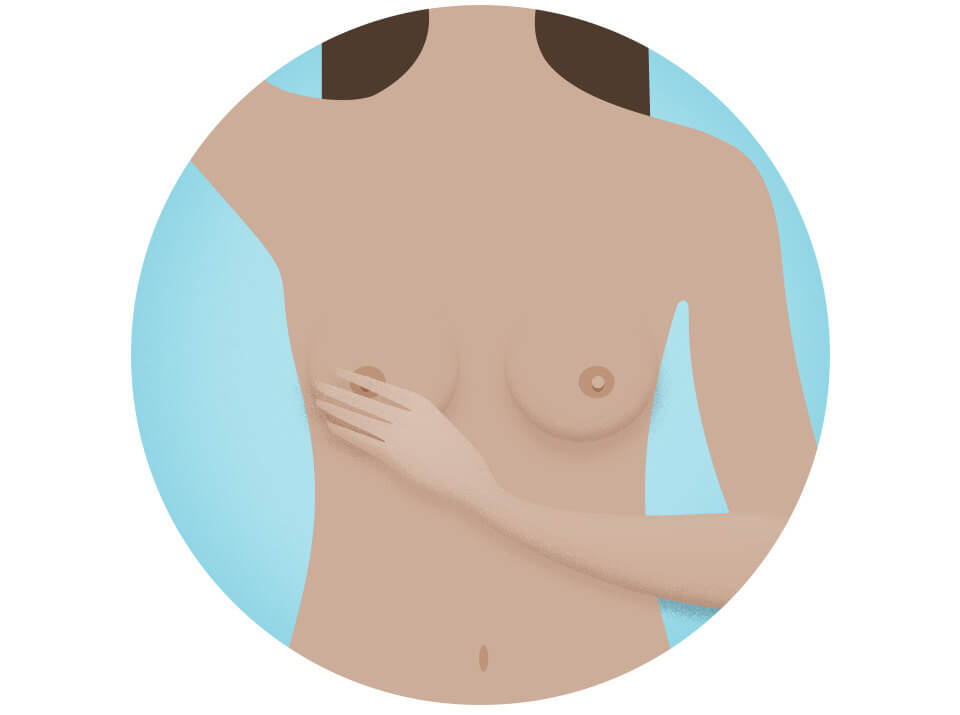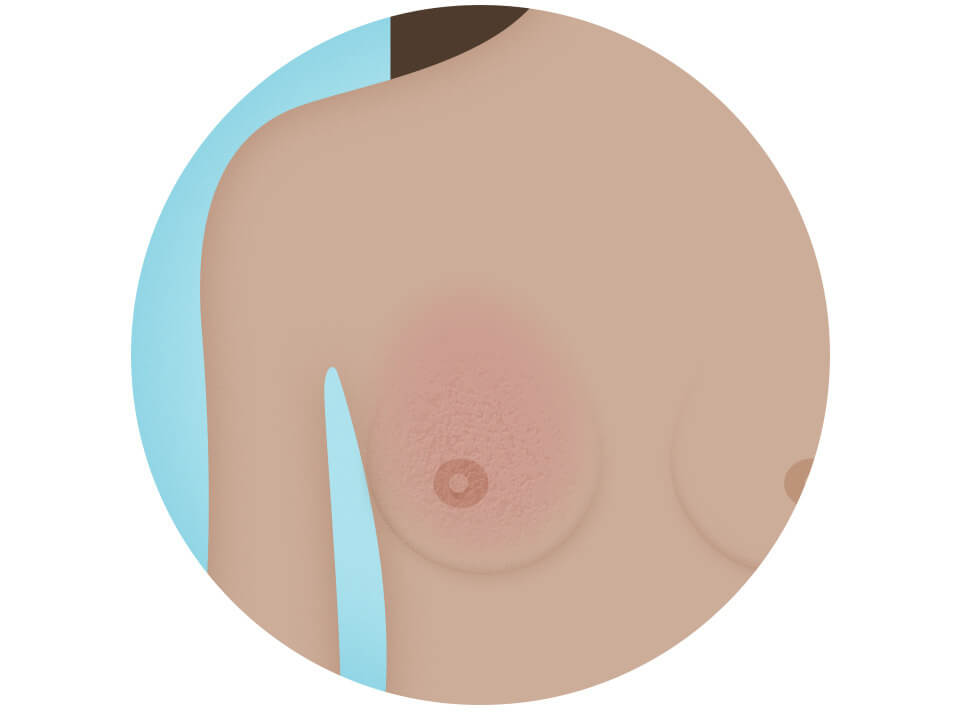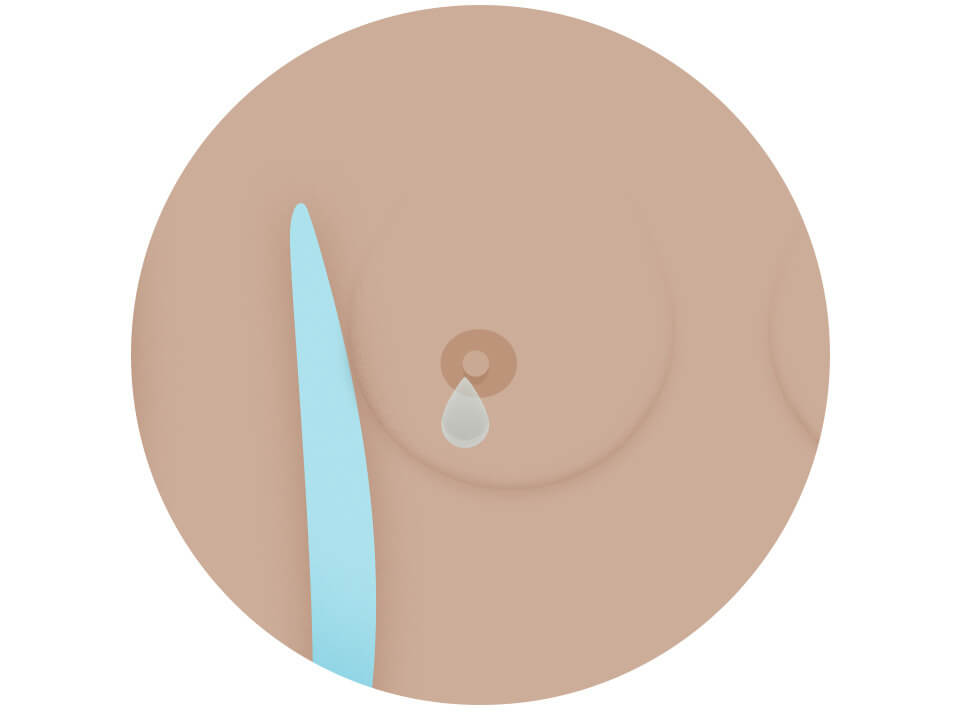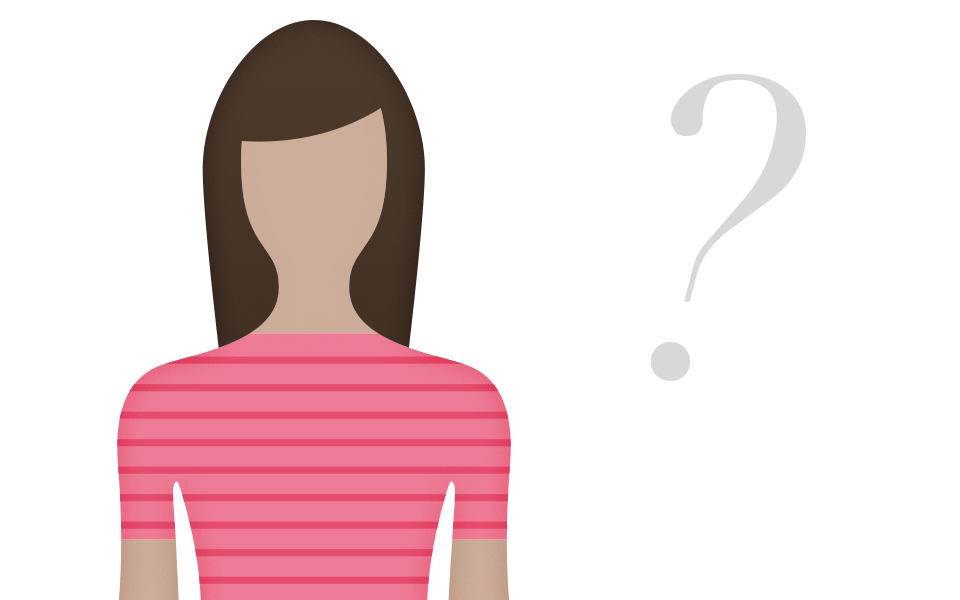Breast Cancer Signs and Symptoms
What Are the Signs and Symptoms of Breast Cancer?
Every person should know the signs and symptoms of breast cancer, and any time an abnormality is discovered, it should be investigated by a healthcare professional.
Most people who have breast cancer signs and symptoms will initially notice only one or two, and the presence of these signs and symptoms do not automatically mean that you have breast cancer.
By performing monthly breast self-exams, you will be able to more easily identify any changes in your breasts. Be sure to talk to your healthcare professional if you notice anything unusual.
A Change In How The Breast Or Nipple Looks Or Feels
- Nipple tenderness or a lump or thickening in or near the breast or underarm area
- A change in the skin texture or an enlargement of pores in the skin of the breast (some describe this as similar to an orange peel’s texture)
- A lump in the breast (It’s important to remember that all lumps should be investigated by a healthcare professional, but not all lumps are cancerous.)

A Change In The Breast Or Nipple Appearance

- Any unexplained change in the size or shape of the breast
- Dimpling anywhere on the breast
- Unexplained swelling of the breast (especially if on one side only)
- Unexplained shrinkage of the breast (especially if on one side only)
- Recent asymmetry (unequal or lack of sameness) of the breasts. Although it is common for women to have one breast that is slightly larger than the other, if the onset of asymmetry is recent, it should be checked.
- Nipple that is turned slightly inward or inverted
- Skin of the breast, areola, or nipple that becomes scaly, red, or swollen or may have ridges or pitting resembling the skin of an orange
Any Nipple Discharge—Particularly Clear Discharge Or Bloody Discharge
It is also important to note that a milky discharge that is present when a woman is not breastfeeding should be checked by her doctor, although it is not linked with breast cancer.
Let your doctor know about any nipple discharge, clear, bloody or milky. The most concerning discharges are bloody or clear.

Know the Symptoms Guide
Get the FREE symptoms checklist today to stay proactive with your breast health. Plus, learn the three ways to perform a breast self-exam.
Get the Free GuideQuestions About Breast Cancer Symptoms

If I have some signs or symptoms, is it likely to be cancer?
Most often, signs and symptoms are not due to cancer, but any breast cancer sign or symptom you notice should be investigated as soon as it is discovered. If you have any of these signs or symptoms, you should tell your healthcare provider so that the problem can be diagnosed and treated.
If I have no signs or symptoms, should I assume I do not have cancer?
Although there’s no need to worry, regular screenings are always important. Your doctor can check for breast cancer before you have any noticeable signs or symptoms. During your office visit, your doctor will ask about your personal and family medical history and perform a physical examination. In addition, your doctor may order one or more imaging tests, such as a mammogram.
3 Steps to Early Detection
Breast cancer can’t usually be prevented, but you can take three important steps to help detect it earlier. This free guide can increase your chance of finding breast cancer before it spreads.
Get the Free Guide


